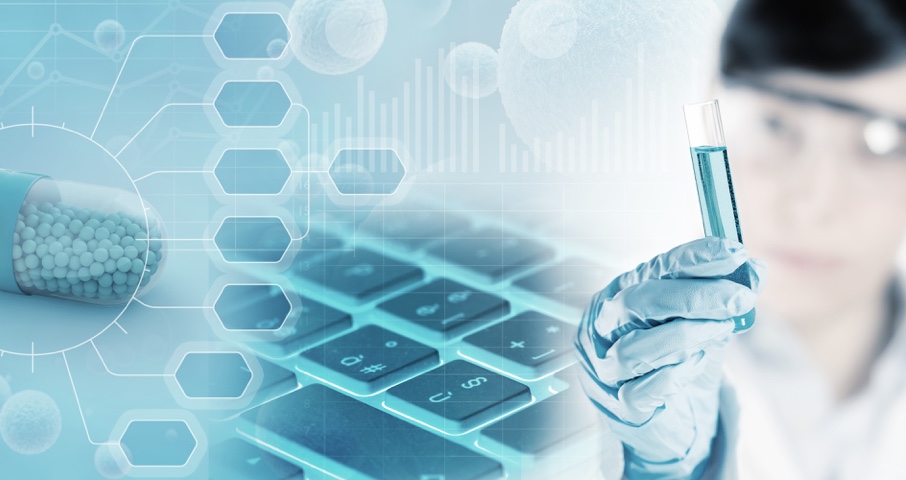



Get new exclusive access to healthcare business reports & breaking news




Biotechnology has profoundly changed the way people are being diagnosed and treated. Medical trail blazers across the globe are developing new biotech tools not only capable of enhancing and prolonging life, but also of solving world-health crises such as infectious diseases.
Let’s take a look at three exciting advances in this field, from the diagnosis of deadly diseases to personalized drugs via nanotech.


Biotechnology has proven incredibly powerful in diagnosing infectious diseases in developing countries. In those parts of the world, running a blood test in a laboratory is usually not a viable option, causing many diseases to go under-diagnosed.
Leptospirosis (Weil’s disease), for instance, is a major cause of death in low-income countries, affecting almost one million people every year simply because, in the absence of a blood test, its symptoms are mistaken for typhoid fever, malaria and viral hepatitis.
Cambridge scientists and their peers at University of Ghana are working to change this with the help of a low-cost test capable of on-the-spot diagnosis.
The test requires a small finger-prick blood sample and uses a novel genetically modified enzyme to ‘read’ a patient’s DNA. To keep the cost below 50¢ each, the scientists plan to manufacture it locally. The test will be linked to a mobile phone app for data collection.


A group of Dutch embryologists recently created an early-stage artificial embryo using two types of stem cells from mice, rather than sperm or eggs. The artificial embryo was made in a dish, before being transferred to a mouse’s uterus, where it then initiated pregnancy just like a natural one.
Although the project raises many ethical questions, its success could lead to more efficient contraceptives and prevent infertility as well as abnormalities in the growing embryo.
“It could help us understand why some embryos fail to implant and let us screen for drugs that might help with fertility,” explained Dr Nicolas Rivron,one of the team leaders.
Researchers have yet to see whether a human uterus would respond as well as the mice one.


The incorporation of nanotech in the medical worlds, has led to some incredible outcomes in recent years. In the pharmaceutical industry, nanotech is contributing to the paradigm shift towards personalized medicine. As opposed to the one size-fits-all drug approach, nanomedicine allows researchers to understand the unique molecular pathways of a given individual and offer targeted drug delivery.
Oncology is already benefiting from the rise of nanodrugs. Hospitals around the world are treating ovarian, lung, brain and colorectal tumors with the help of nano-carriers. These transport chemotherapy drugs straight to the tumor, without harming healthy organs. The global nanotechnology drug delivery systems market is estimated to reach $103 billion by 2023. Watch this video to better understand how a technology based on the manipulation of atoms and molecules is making such a massive impact on the pharmaceutical industry.